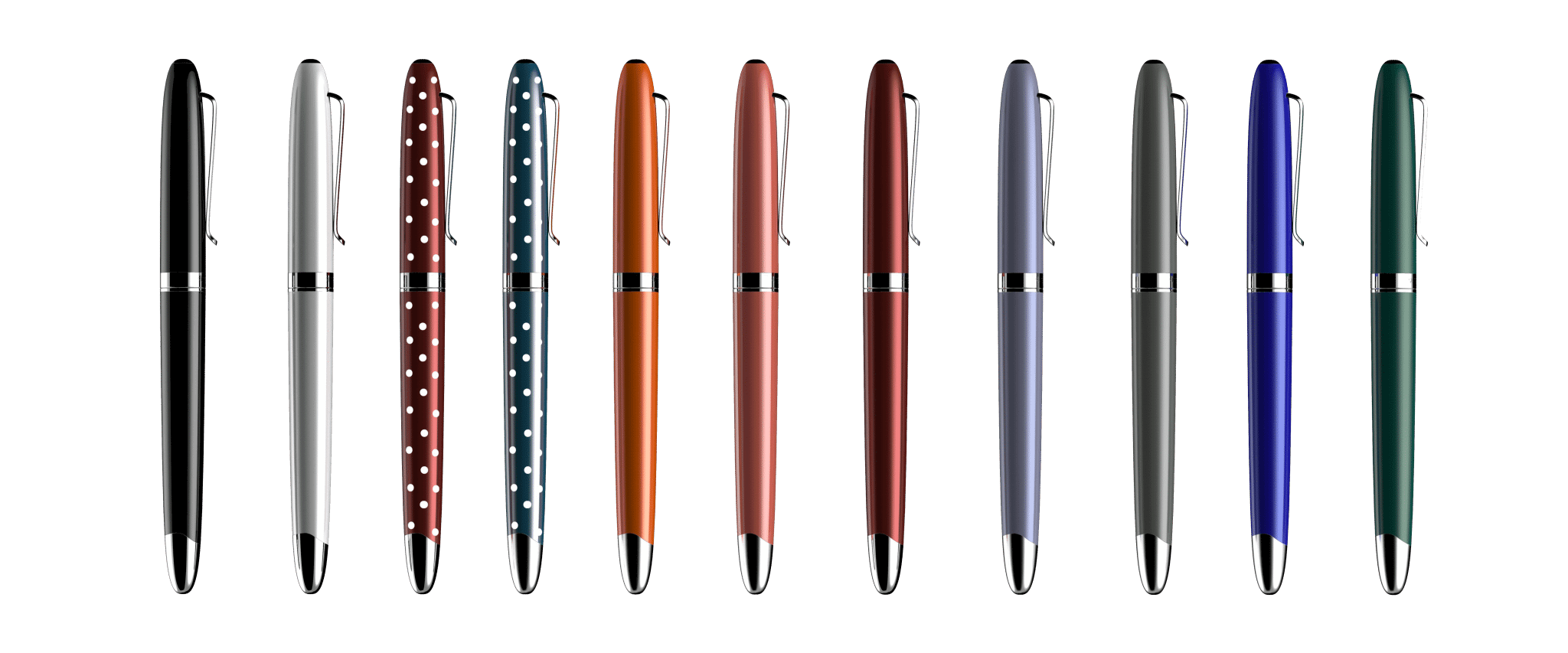Smartphone usage diminishes our ability to analyze and reason, according to a new study published in Applied Cognitive Psychology. The initial study of 105 undergraduates found that smartphone use was associated with lower performance on measures of delay of gratification and social problem solving.
The first study established that heavier usage of smartphones was negatively correlated with social problem solving and delayed gratification, as well as positively correlated with some aspects of critical thinking. Studies 2 and 3 involved experiments where participants were assigned to either a lower or higher smartphone usage group. In both experiments, higher usage of smartphones led only to a diminished ability to interpret and analyze the deeper meaning of information. However, Study 3 showed that, after a 4‐week interval, the difference in the ability to interpret and analyze meaning between lower and higher phone usage groups was no longer evident. The findings of this study suggest that, even in the rare cases where smartphones might alter cognition, this effect is likely transitory.
“One student commented that technology had limited her attention to the extent that she felt she could no longer sustain attention for an entire novel. We also had seen books, like ‘What the Internet is Doing to Our Brains: The Shallows’ by Nicholas Carr, and articles like, ‘Is Google Making Us Stupid?’ by the same author.”
“We found that there were plenty of studies about how smartphones diminish cognitive processes like attention when the technology is present, but we were curious as to whether there are any lingering effects of technology on brain functioning.”
Michael Kozlowski is the editor-in-chief at Good e-Reader and has written about audiobooks and e-readers for the past fifteen years. Newspapers and websites such as the CBC, CNET, Engadget, Huffington Post and the New York Times have picked up his articles. He Lives in Vancouver, British Columbia, Canada.

